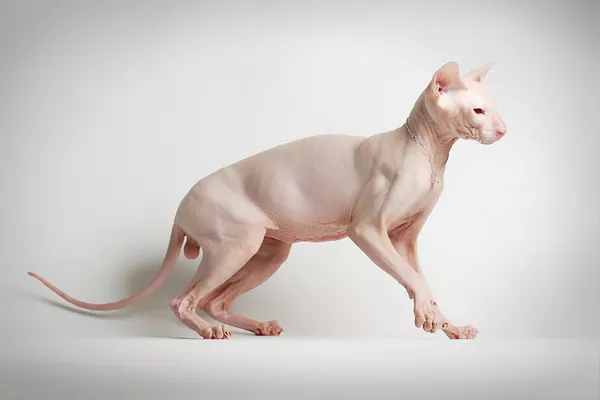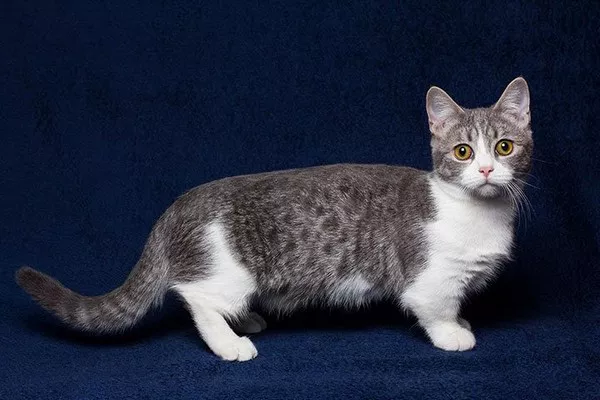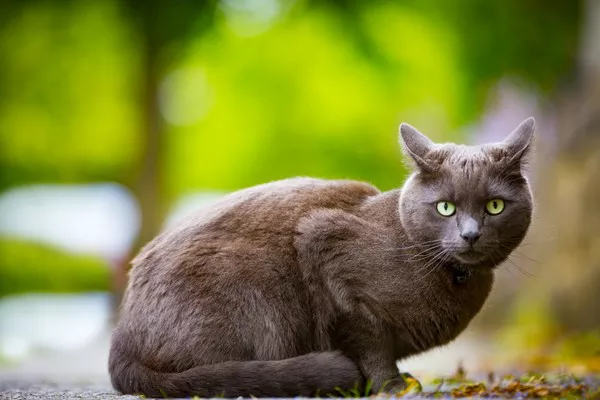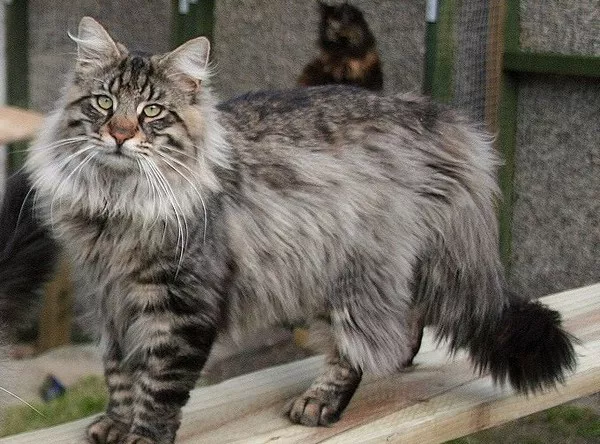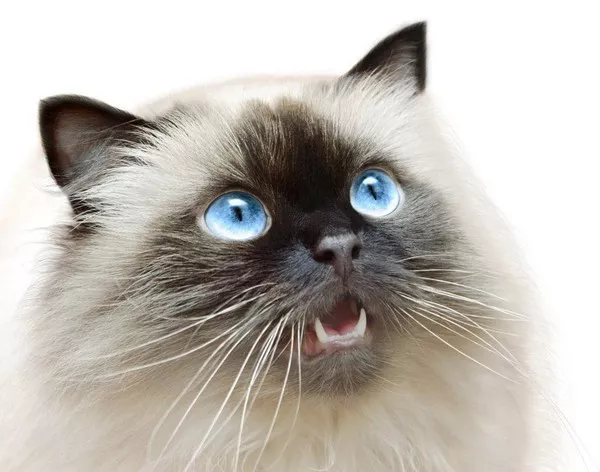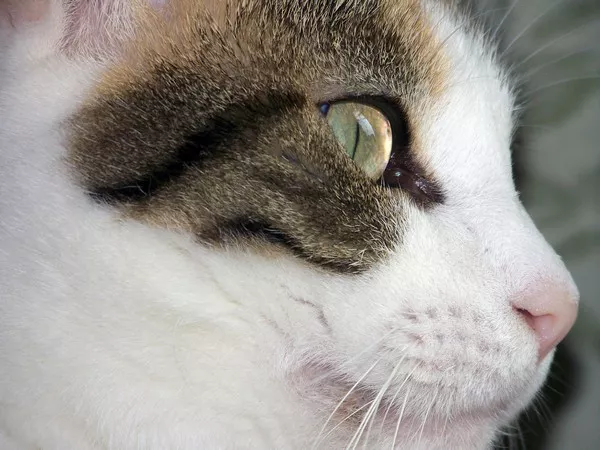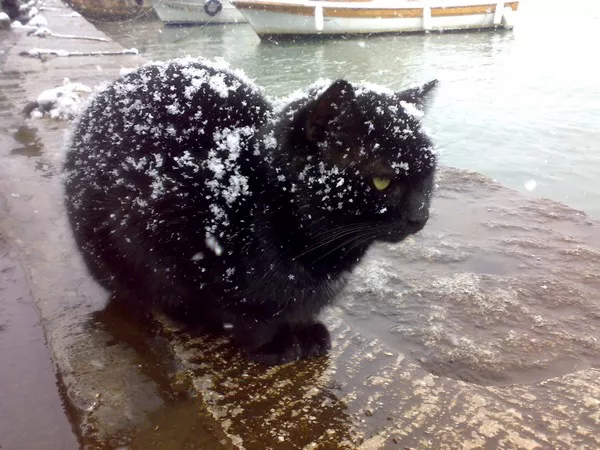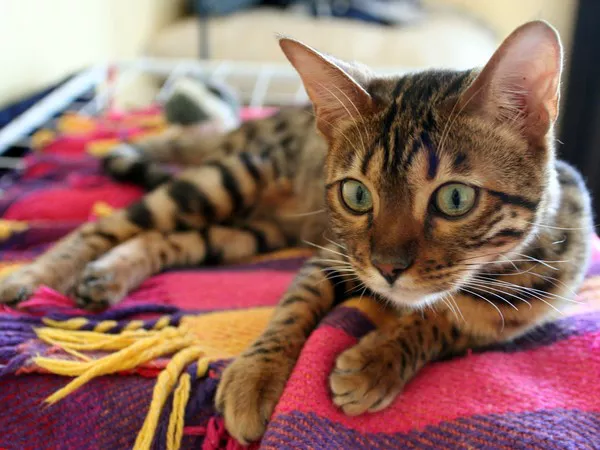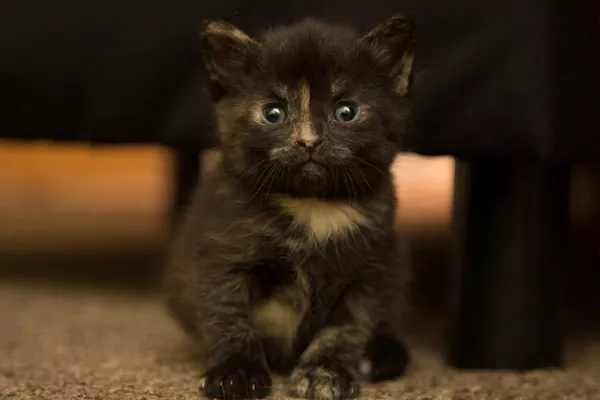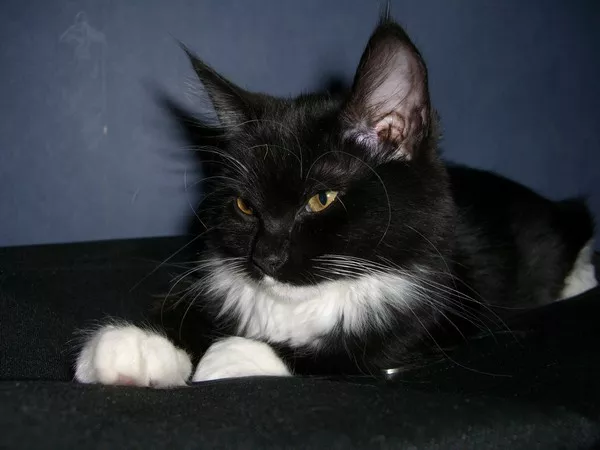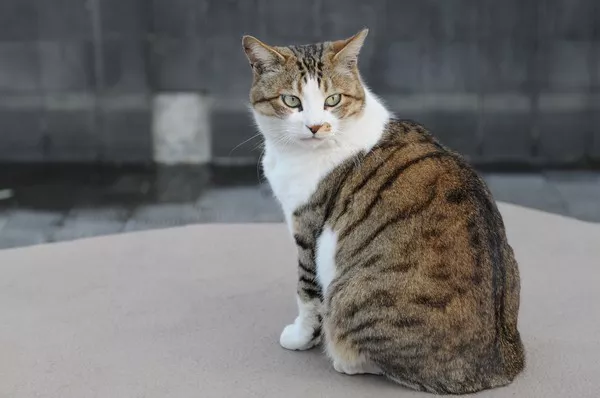Sphynx cats, with their distinctive hairless bodies and striking appearance, often capture the hearts of cat lovers around the world. However, alongside their unique physical traits, Sphynx cats are known for their vocal nature, often expressing themselves through frequent meowing. In this article, we’ll delve into the reasons behind why your Sphynx may meow so much, exploring various factors such as breed characteristics, socialization, and health considerations.
Meet the Sphynx: An Introduction to the Breed
Before diving into the reasons behind excessive meowing in Sphynx cats, it’s essential to understand the breed itself. Sphynx cats are known for their lack of fur, wrinkled skin, and large ears, giving them a distinctive and memorable appearance. Despite their hairless exterior, Sphynx cats are known for their playful and affectionate nature, forming strong bonds with their human companions. However, alongside their friendly disposition, Sphynx cats are also notorious for their vocal tendencies, often meowing to communicate their needs and desires.
The Nature of the Beast: Understanding Sphynx Vocalizations
Like all cats, Sphynx cats use meowing as a form of communication, expressing a wide range of emotions and needs through vocalizations. While some cats may be more vocal than others, Sphynx cats are known for their chattiness, often engaging in frequent meowing to convey their thoughts and feelings. From seeking attention and affection to expressing hunger or discomfort, Sphynx cats use meowing as a versatile tool for communication, making it essential for owners to understand and interpret their vocalizations.
Breed Characteristics: Sphynx Traits That Influence Meowing
Several breed-specific traits of the Sphynx cat may contribute to their tendency to meow more frequently than other breeds. Sphynx cats are known for their social and affectionate nature, often forming strong bonds with their human companions. As such, they may meow to seek attention, affection, or companionship from their owners. Additionally, Sphynx cats are highly intelligent and curious creatures, known for their playful antics and mischievous behavior. They may meow to express excitement or curiosity about their surroundings or to initiate play with their owners.
Socialization and Environmental Factors: Influences on Vocalization
The socialization and environmental factors that shape a Sphynx cat’s upbringing can also influence their vocalization habits. Sphynx cats thrive on human interaction and companionship, and they may meow more frequently if they feel lonely, bored, or anxious. Providing ample opportunities for socialization, enrichment, and mental stimulation can help alleviate excessive meowing in Sphynx cats by keeping them engaged and fulfilled both physically and mentally.
Health Considerations: Addressing Underlying Issues
In some cases, excessive meowing in Sphynx cats may be a sign of underlying health issues that require attention from a veterinarian. Sphynx cats are prone to certain health conditions, such as dental problems, skin issues, and respiratory issues, which can cause discomfort or pain and lead to increased vocalization. Additionally, older Sphynx cats may experience age-related changes in their health, such as cognitive decline or sensory impairment, which can manifest as increased meowing behavior. It’s essential for owners to monitor their Sphynx cat’s meowing habits and consult with a veterinarian if they notice any concerning changes or symptoms.
Addressing Excessive Meowing: Tips for Sphynx Cat Owners
While some level of meowing is normal for Sphynx cats, excessive or persistent meowing may indicate underlying issues that require attention. To address excessive meowing in Sphynx cats, owners can take several proactive steps to promote healthy communication and address any underlying needs or concerns:
1. Provide ample socialization and interaction: Spend quality time with your Sphynx cat, engaging in interactive play sessions, grooming, and affectionate bonding activities to meet their need for companionship and stimulation.
2. Ensure a stimulating environment: Create a stimulating and enriching environment for your Sphynx cat by providing plenty of toys, scratching posts, climbing structures, and interactive puzzles to keep them mentally and physically engaged.
3. Maintain a consistent routine: Establish a consistent daily routine for feeding, playtime, and rest to provide structure and stability for your Sphynx cat, helping to reduce anxiety and promote a sense of security.
4. Monitor for signs of discomfort or illness: Keep an eye out for any changes in your Sphynx cat’s behavior, appetite, litter box habits, or physical appearance that may indicate underlying health issues requiring veterinary attention.
5. Consult with a veterinarian: If your Sphynx cat’s excessive meowing persists or is accompanied by other concerning symptoms, consult with a veterinarian to rule out any medical causes and develop a personalized treatment plan tailored to your cat’s specific needs.
By understanding the reasons behind why your Sphynx may meow so much and taking proactive steps to address their needs and concerns, you can promote a healthy and harmonious relationship with your beloved feline companion.

